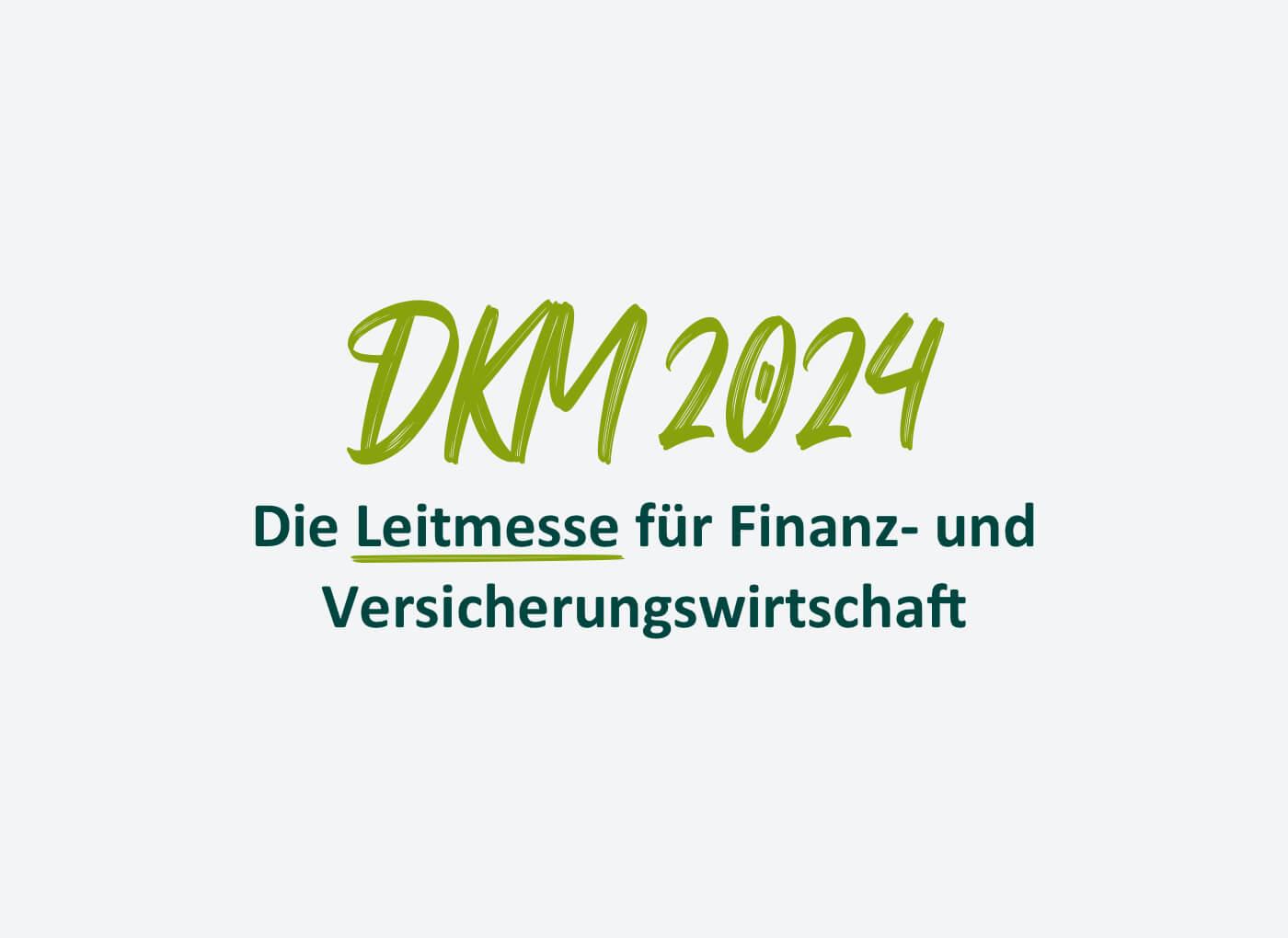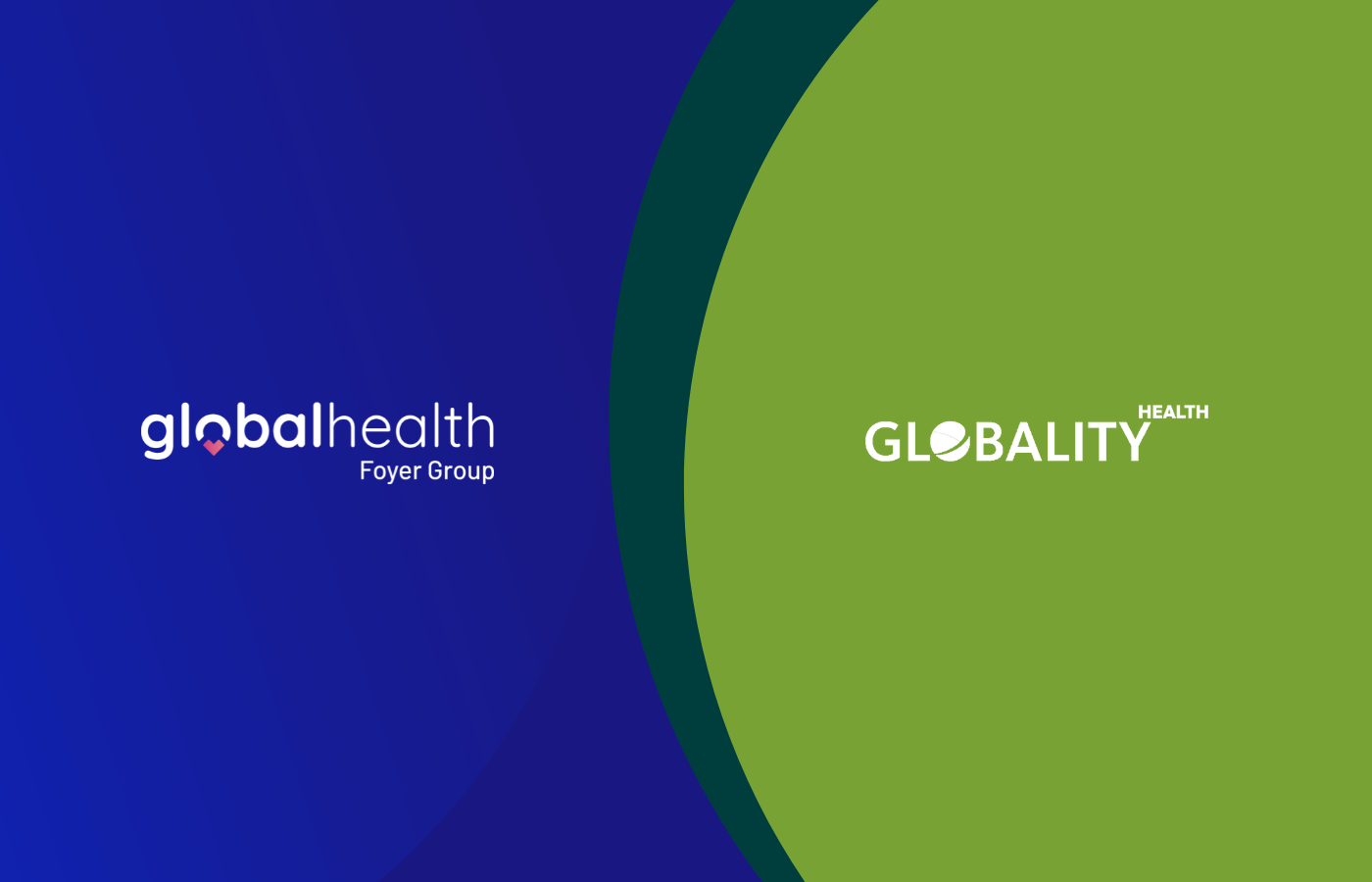
More social in comparison to the USA, and freer than China: Europe on its way to becoming the most attractive place in the world
The Corona crisis has shown what was at stake: a possible relapse into a Europe of nation states with closed borders. Europe has not been shattered by the crisis, but rather has regained its old and also developed new strengths. The European model has proved resilient and solidary.
While the USA is banking on the model of “prosperity without welfare” and China on “prosperity against welfare”, the European way out of the crisis is called “prosperity plus welfare”. In future, the new systems competition will take place between two models of society: China versus Europe. In the crisis China used its discipline and vertical power structure, Europe used its adaptive, social individualism. Thus the corona shock was able to induce what was unthinkable after the financial crisis ten years ago: the solidary and sovereign confederation of European states.
One of the lessons of the corona pandemic is that health issues are also security issues. Security now has a new component: health security. In future, public health will not be organised at national level alone. Health crises increasingly cross borders and have the potential to become economic, social and political crises at the same time. Strengthening mental and social resilience will become more important, and health policy will increasingly become part of European security policy. Europe needs more autonomy in the health sector. This includes a European epidemic authority, a European vaccine and pandemic strategy, well-trained health personnel, public-private partnerships with industry, and the exchange of data and the use of digital solutions. On the data issue, Europe lags furthest behind.
Democracy, digitisation and decarbonisation
If Europe wants to retain its sovereignty from China and the USA in the future, it must understand the power of digital technology. The crucial question is who has access to the data generated in Europe: China, the USA or Europe itself? More than 90 percent of Europe’s private and professional data is stored on American or Chinese servers. Europe must become stronger and more digital. It is about a new and comprehensive understanding of security: democracy, digitisation and decarbonisation are the central challenges of the next 30 years. The new Commission headed by Ursula von der Leyen wants to make both issues, the decarbonisation of the economy and digitisation, central to the post-Corona economic recovery. The circular economy is the central element in this process, in order for Europe to become less dependent on raw materials and primary products from third countries. A CO2 border tax and increased taxation of digital platforms will accelerate the transformation towards a climate-neutral and digitised future – and generate new and, above all, local revenues for the EU. Health and climate protection will become a joint project. Von der Leyens wants to impose high customs duties on countries that produce in a way that is hostile to climate and health.
Europe: The best place to be!
So the remaining topic is the future of democracy. Europe can only survive as a value-based political union. Instead of authoritarian control (China) and commercial monopolies (USA), the European path must be based on freedom, solidarity and federal democracy. It is about strengthening individuals, comprehensive security and a society in which everyone can participate. Europe can become the most attractive place to live in the world. 15 years ago, the US economist Jeremy Rifkin predicted the slow death of the American dream and the emergence of a European dream. The realization of this dream is closer than we think: Europe, the best place to be!
Daniel Dettling is a lawyer, administrative and political scientist and futurologist. He heads the Institute for Futures Studies, based in Berlin. He is a columnist for Globality Health and writes regularly about megatrends and current topics.






